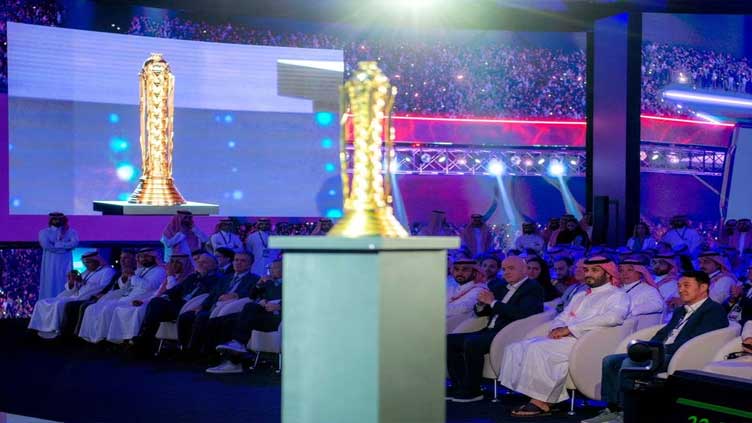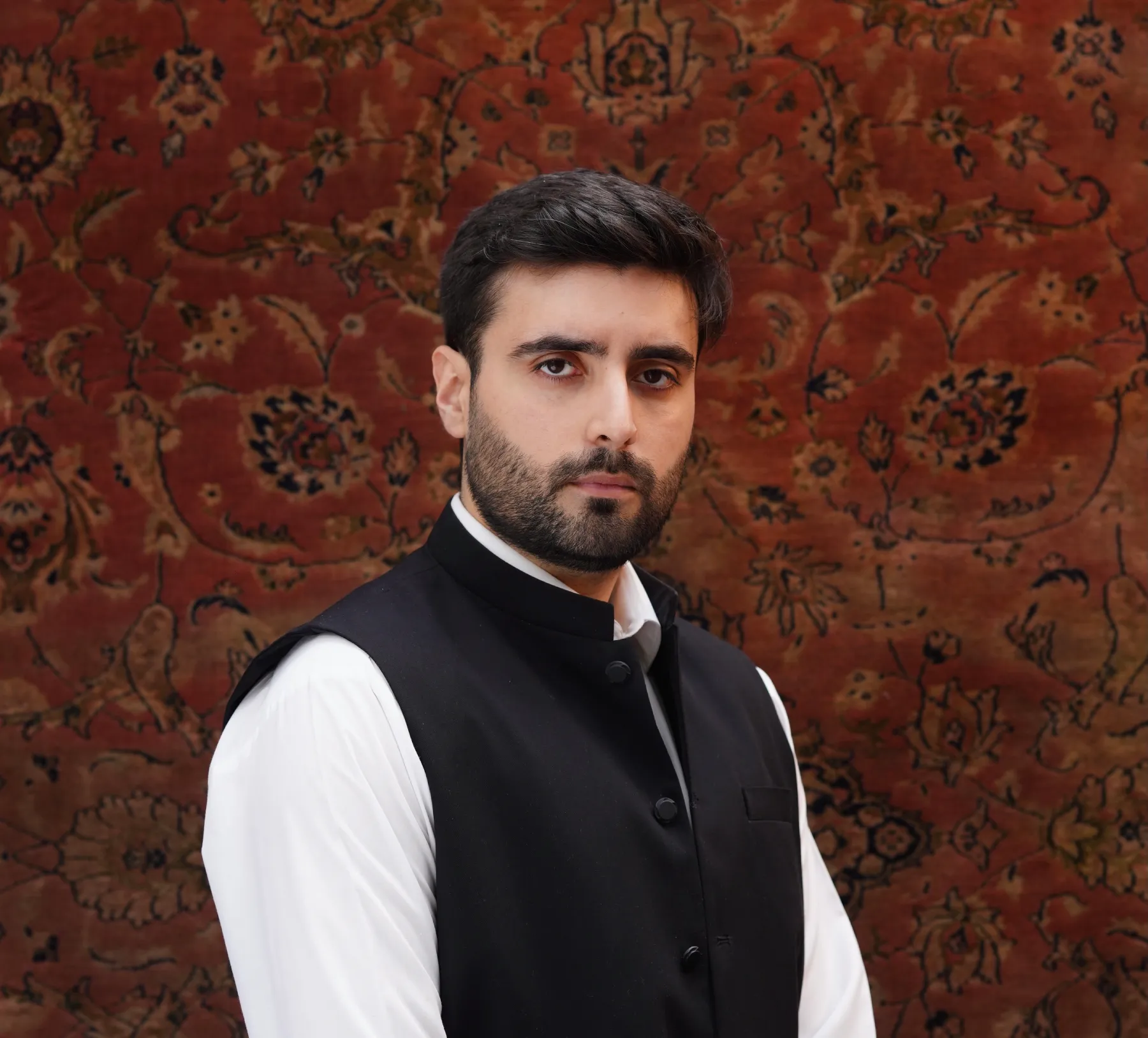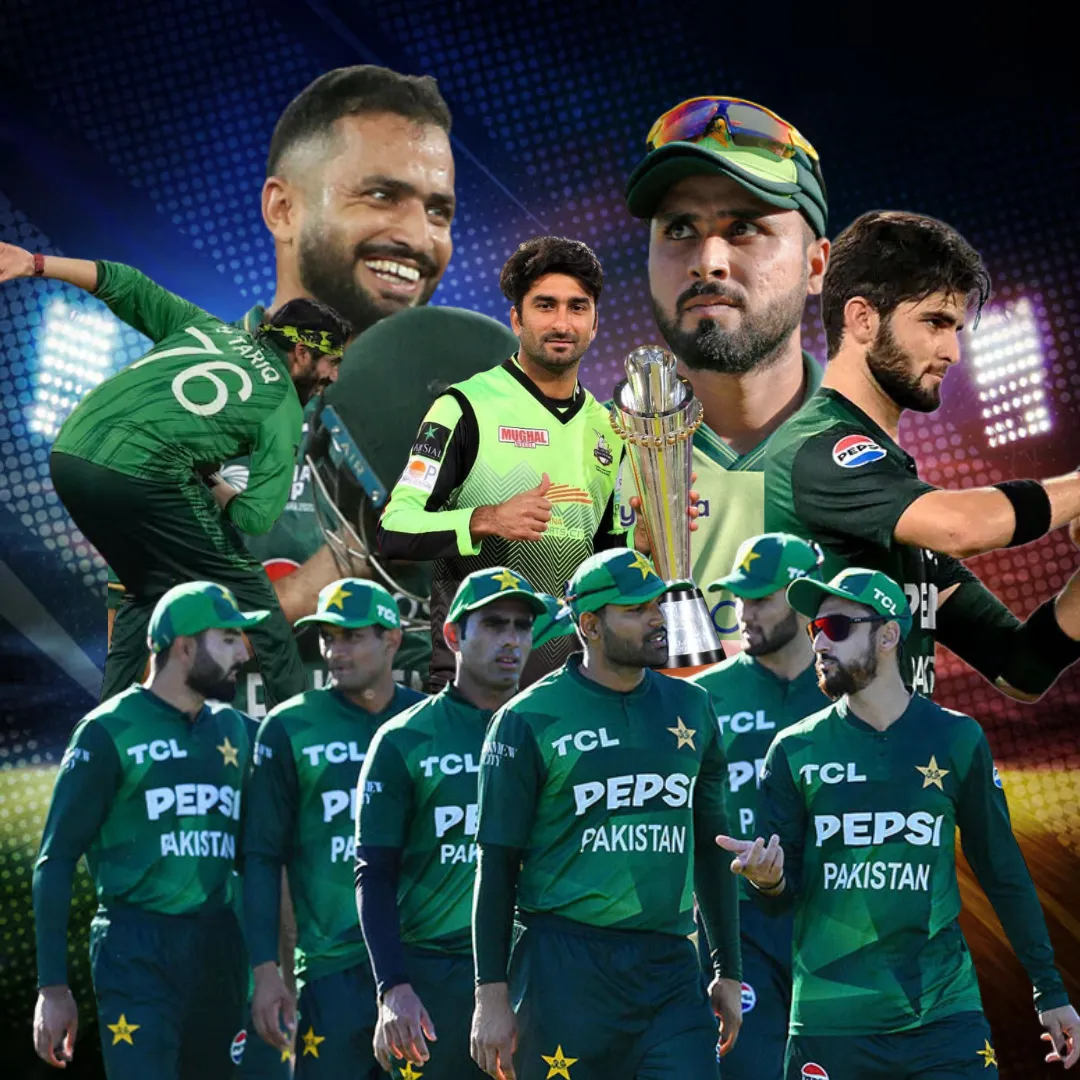Arslan Ash, now hailed as perhaps the greatest Tekken player of all time, recently secured his seventh EVO title — the highest in Tekken history — by winning EVO France just last month. His achievement is even more remarkable given that he reached these heights without government backing, often facing visa hurdles simply because of his Pakistani passport. His story is all about perseverance, talent and global recognition despite systemic neglect at home. With Pakistan’s rapidly growing youth population and widespread internet access, it’s time policymakers and investors recognise esports as a legitimate and promising industry that is capable of bringing global prestige, opportunity and economic value to the country.
For a country where young people make up a majority of the population, the potential of gaming as a career path remains largely untapped. Consider this: Pakistan’s top Dota 2 players have earned over $4 million in prize money, while the nation’s top Tekken player has made around $400,000 purely from tournament wins, not including sponsorships, YouTube revenue or brand deals.

Beyond the earnings, Pakistan’s rise in the global e-gaming arena represents a significant cultural and technological shift. For decades the country’s narrative around youth potential has been tied almost exclusively to traditional careers in medicine, engineering or civil services. However, as global markets evolve, digital entertainment and competitive gaming have emerged as multi-billion-dollar industries, creating new jobs, audiences and global icons. Pakistan’s gaming talent, nurtured in small gaming cafés and online communities rather than official academies, has proven that excellence can emerge from unexpected places. Arslan Ash’s triumph is not an isolated story — it is part of a broader movement redefining how young Pakistanis engage with the rest of the world.
Esports, or competitive video gaming, is no longer a niche pursuit. Globally, the industry is expected to surpass 1.6 billion dollars in revenue this year, with viewership numbers rivalling traditional sports. Major tournaments attract millions of live viewers and sponsorships from global brands like Red Bull, Intel and Adidas. The growth is fuelled by accessible technology, streaming platforms (like Twitch and YouTube) and the democratisation of skill-based entertainment. For Pakistan, which already boasts one of the largest young online populations in South Asia, this is a golden opportunity to participate in an expanding global economy that values creativity and strategy.
Back in 2021, the Ministry of Information launched E-Pak, the first-ever initiative aiming to promote esports culture among Pakistani youth. Under this initiative, the popular battle-royale mobile game called ‘Free Fire’ was supported, with plans to involve over 560 teams and a prize pool worth Rs. 10 million. However, the initiative was focused solely on one game; in order to support a mature esports ecosystem, multiple games on various platforms including mobile and console should be promoted by the government.
Pakistan’s gaming talent, nurtured in small gaming cafés and online communities rather than official academies, has proven that excellence can emerge from unexpected places. Arslan Ash’s triumph is not an isolated story — it is part of a broader movement redefining how young Pakistanis engage with the rest of the world.
The lack of widespread institutional support, though, remains a major obstacle. Pakistani players frequently struggle with high taxation on gaming equipment, unreliable internet infrastructure and limited access to global payment systems that allow them to receive tournament earnings or sponsorships. Despite these hurdles, local esports communities have continued to thrive through sheer determination. For instance, Takedown 2025, a major esports event, was organised from 24th to 26th October in Lahore with a record prize pool of 2.5 million rupees. It made history as the first ever Tekken World Tour Challenger event hosted in Pakistan and brought together the nation’s best players in a high-octane contest.
While these small independent successes are certainly noteworthy, Saudi Arabia’s government is doubling down on esports, which has become a centerpiece of its national strategy. The Saudi government, through its ‘Vision 2030’ plan, has invested billions into the esports industry, positioning the kingdom as a future global hub for digital entertainment. Riyadh hosted the Gamers8 festival, one of the largest esports events in the world, offering over 45 million US dollars in prizes. Saudi Arabia’s Public Investment Fund has also acquired major stakes in global gaming giants such as Activision Blizzard, Nintendo and Electronic Arts. This strategic push signals the Kingdom’s increasing economic diversification and job creation opportunities, as well its soft power. The goal is to capture a significant share of the booming global video game market, which is projected to reach 320 billion dollars by 2026.
Pakistan can learn from this model. By integrating esports into national youth development programs and offering tax incentives to gaming startups, the government can unlock vast potential. Universities should establish gaming and animation departments that merge computer science, design and storytelling, creating a pipeline of professionals for both competitive and creative gaming industries. The private sector can also step in, sponsoring national tournaments and creating digital platforms for matchmaking, streaming and training. Partnerships with global gaming companies can then further introduce mentorship programs, providing Pakistani talent with exposure to international standards and competitive ecosystems.
By integrating esports into national youth development programs and offering tax incentives to gaming startups, the government can unlock vast potential.
There is also a broader socio-economic dimension to this story. The gaming industry does not merely produce players: it creates coders, designers, event managers, content creators and marketers. For a country like Pakistan, where youth unemployment remains a persistent challenge, esports can serve as a high-potential digital employment avenue. The rise of streaming platforms and gaming content creators also allows individuals to monetise their skills without traditional gatekeepers. Already, Pakistani streamers and YouTubers are building large audiences both domestically and internationally, showcasing gameplay, analysis and humour to millions of viewers. This cultural export of Pakistani creativity holds immense soft power potential.
Moreover, gaming promotes inclusion. Online platforms level the playing field, allowing individuals from smaller towns or modest backgrounds to compete on merit rather than privilege. Arslan Ash himself is a testament to that. His story resonates globally because it represents a triumph of skill over circumstance. Encouraging such stories within Pakistan could inspire a new generation to pursue their passions with discipline and confidence. Gaming also connects Pakistani youth with global peers, fostering cross-cultural understanding in a way few other industries can.
Of course, challenges still persist. The stigma around gaming as ‘a waste of time’ remains strong among parents and educators. Many still view it as a distraction rather than a discipline. Changing this mindset requires awareness campaigns that highlight the industry’s potential and the success stories of players who have turned gaming into careers. Schools and colleges can play a pivotal role by organizing inter-school tournaments, promoting teamwork, strategy, and problem-solving as essential skills learned through gaming.
The business case for investing in esports is equally compelling. Global brands are increasingly targeting Gen Z consumers, and esports provides unmatched access to that demographic. Sponsorships, live streaming, merchandise, and digital advertising have transformed competitive gaming into a vibrant economic ecosystem. Pakistan, with its tech-savvy youth and low entry barriers, has the demographic advantage to capture this wave of opportunity. A modest investment in digital infrastructure and training could yield significant returns in global exposure and employment.
Policymakers must also consider esports as part of Pakistan’s broader digital economy strategy. Initiatives like the Pakistan Digital Policy or the National Innovation Strategy could incorporate dedicated esports components. Building gaming arenas, supporting local game developers, and facilitating international tournaments would not only enhance Pakistan’s image but also attract foreign investment. The country could become a regional hub for esports in South Asia, leveraging its cost advantages, English-speaking talent, and vibrant youth culture.
Saudi Arabia’s success demonstrates how esports can become a pillar of modern economic growth, cultural influence, and youth engagement. If Pakistan can align its policy direction with this emerging global trend, it could convert its youthful energy into a competitive advantage. The question is not whether gaming will grow, but whether Pakistan will recognize its potential in time to benefit from it.

Arslan Ash’s victory should therefore serve as more than a moment of national pride. It should be a wake-up call. His success is proof that global excellence can emerge from Pakistani talent even without institutional support. Imagine what could happen if that talent were nurtured, trained, and backed with resources. The next global esports champions, gaming entrepreneurs, or digital storytellers could very well come from Pakistan’s next generation – if the country has the foresight to believe in them.





